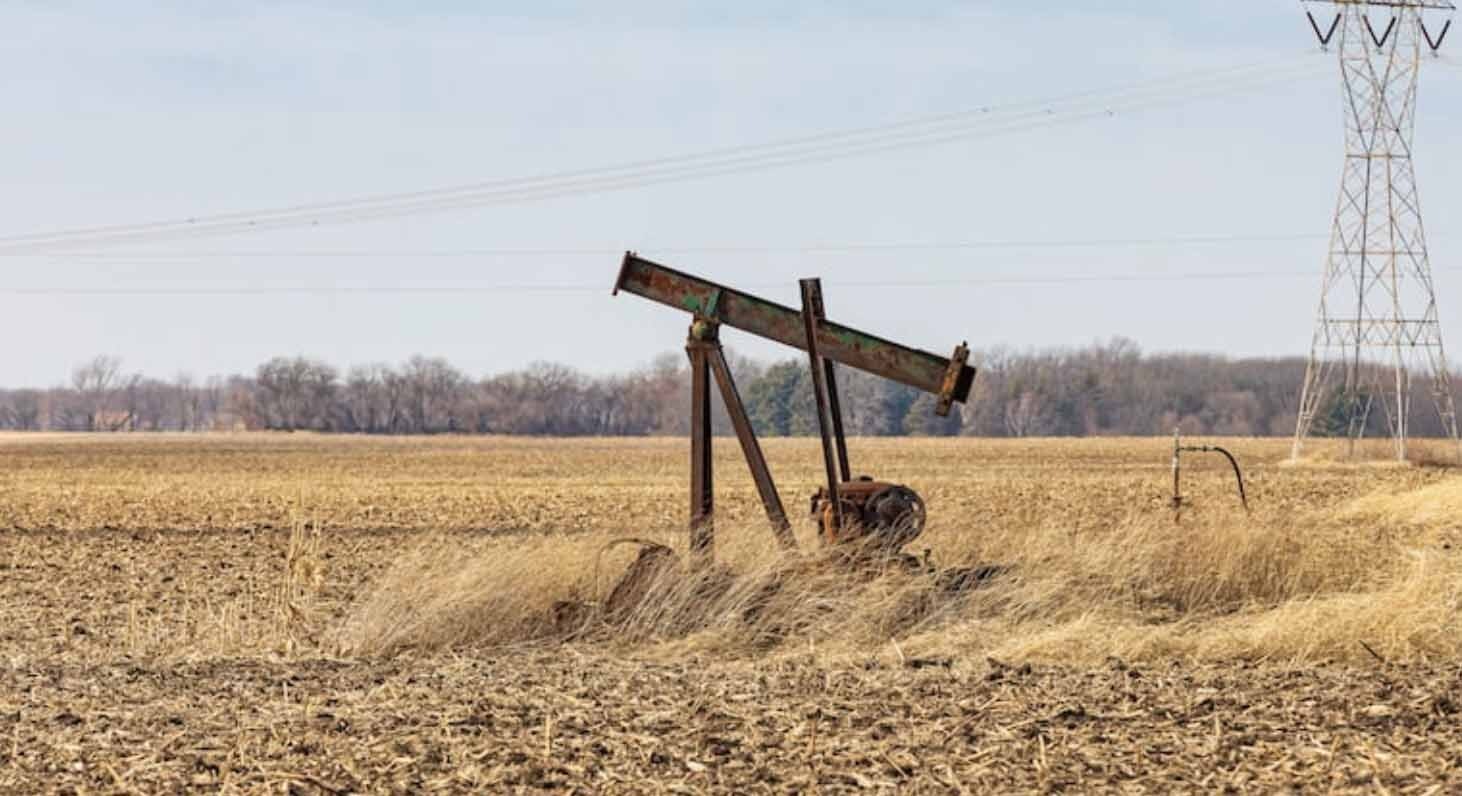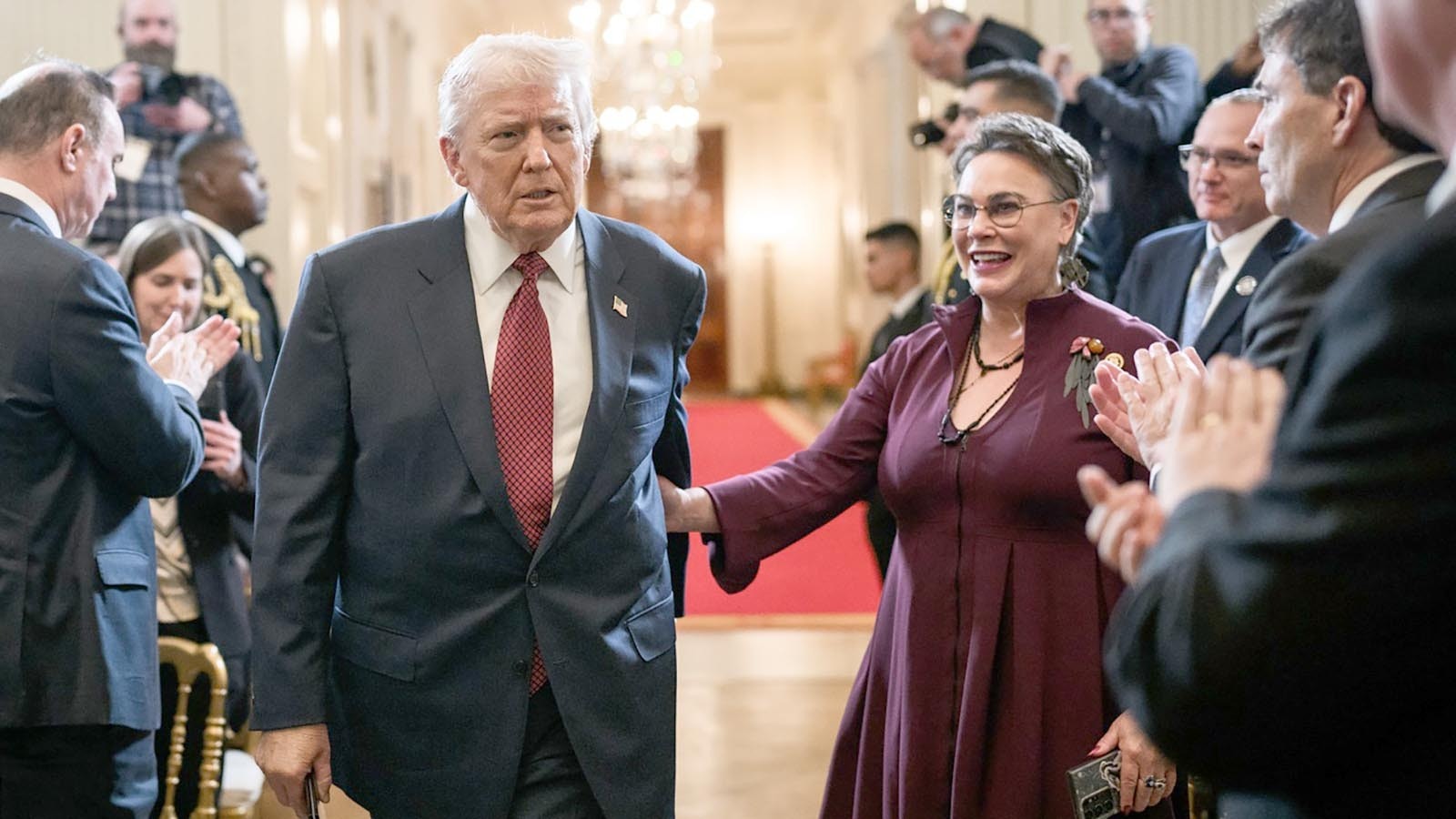Plugging orphan oil and gas wells in the Cowboy State is a top priority.
Data on stopping up these wells turned over to Cowboy State Daily by Tom Kropatsh, oil and gas supervisor for the Wyoming Oil and Gas Conservation Commission (WOGCC) in Casper, reflects a pattern of dealing with the problem, not walking away from it.
Still, the track record isn’t something the U.S. Bureau of Land Management is taking much stock in. The head of the WOGCC is worried that a new BLM rule could force oil and gas developers to leave Wyoming — or worse, America.
BLM issued a new rule April 11 that could make it difficult for some oil and gas companies to bid on energy leases on public lands.
The energy industry’s biggest beef with the rule is that developers may pay higher bonding amounts to drill on public land. The higher bond amount is meant to deter some developers from walking away from the drilling site and leaving a mess behind without any financial incentive to clean up.
The Western Energy Alliance, a Denver-based trade group that represents small energy developers in Wyoming and eight other energy-producing states, plans to file a lawsuit to derail the rule. The Petroleum Association of Wyoming, a trade group whose members range from 26 of the state’s top 30 producers to small mom-and-pop operators, considering litigation to halt the policy from going into effect.
Both groups are concerned about drilling on public lands managed by BLM because the rule dramatically raises bonding requirements.
The industry also says that the BLM rule effectively makes the process for bidding on leases more expensive because of the government’s misunderstanding of orphan wells and how many exist on public lands.
Orphan wells are abandoned wells for which no owner can be determined. That number is fractional on public lands. It’s a different story on private lands, where there are substantially more.
Orphans Under Control
Data provided to Cowboy State Daily by Kropatsch seems to substantiate the industry’s claim that the orphan well issue is well under control.
Currently, the state’s Oil and Gas Conservation Commission has 1,010 private and state wells on its orphan list, with 472 of those wells under contract to be plugged, all of which will likely be plugged in 2024.
At its March 2024, the commission declared 511 of the wells on the list as orphaned.
The remaining 27 wells that were declared orphaned by the commission in late 2022 through 2023 have not yet been put out for bid for plugging, Kropatsch said.
The 538 orphan private and state wells that are not under contract for plugging will likely be put out for bid in 2024 for plugging beginning in late 2024 and into 2025, according to Kropatsch.
The commission has tracked the orphan well program with electronic records since the early 1990s, when it saw a peak of 7,250 orphan wells on its list. Of those, the commission has plugged 6,250.
“You can see that the WOGCC has been focused on getting the private and state orphan wells plugged,” Kropatsch said. “Most of the orphan wells were coalbed methane wells that were orphaned and subsequently plugged by the WOGCC in the last 10 years.”
Kropatsch said that the federal agency may have 21 wells in Wyoming considered orphan on public lands, and that they are in some stage of plugging them, or on a list to be plugged.
BLM spokesman Micky Fisher said his agency has 35 orphan well projects in various stages of contracting and planning for methane testing, plugging, and reclamation on public lands.
Kropatsch declined to comment on the merits of the final BLM rule because he was still reviewing it.
In comments that Kropatsch wrote to the BLM last fall, he requested that the federal agency withdraw the draft rule from consideration because it failed to consider financial impacts on small businesses or local and state government.
“This rule will force many oil and gas operators in Wyoming out of business and will force oil and gas operators of all sizes off federal leases, will limit the future leasing of federal minerals, and will result in loss revenue to the general public and to state and local government,” he wrote.
The effect of the BLM rule could force oil and gas interests to toss in the towel, he wrote in his comments to BLM.
“Due to the land ownership pattern in much of Wyoming, it (the rule) will also eliminate the opportunity to develop and produce oil and gas from the state and private minerals,” he said. “This will force operators to leave the state of Wyoming, going to states with less federal minerals or to other countries.”
Pat Maio can be reached at pat@cowboystatedaily.com.





